Patient Voice
Advertisement
Darcy Burbage, DNP, RN, AOCN,
Darcy Burbage, DNP, RN, AOCN, explains how she works to align cancer survivorship plans with individual needs and goals.
MD Candidate Komal Hombal discusses her research on patient anxiety before and after gynecologic oncology consultations.
Brenda S. Nettles, DNP, MS, ACNP-BC, AOCNP, CNE, discusses how to help maximize quality of life in survivorship.
Darcy Burbage, DNP, RN, AOCN, shares how she helps patients navigate the transition from cancer treatment to survivorship.
Alexis Larson, APRN, NP-C, OCN, shares what a survey showed about unmet needs and how solutions are being implemented.
Increased travel time and rural residence were each associated with lower odds of receiving certain types of treatment.
Early referral to a fertility specialist and individualized care plans can help patients navigate their options.
Martha Raymond, MA, the CEO of the GI Cancers Alliance, discusses the brand-new Collective Action Roadmap for GI Cancers.
New research shows why it's critical to consider integrating a survivorship oncology nurse navigator within cancer clinics.
Dr. Darabos highlighted that a lack of social support in patients with cancer is associated with adverse health outcomes.
Researchers explored patterns and associated factors related to hospice use in patients with a variety of advanced cancers.
Veronica Brady, PhD, FNP-BC, discusses the effect of GLP-1 agonist use in patients undergoing treatment for cancer.
Dr. McNally shares ONS presentation insights and discusses why she decided to pursue research on stigma in oncology care.
Learn what researchers found when they surveyed more than 800 women who were eligible for mammography.
A randomized controlled trial showed how nurse-led psychoeducation can help equip patients with tools to manage distress.
Dr. Reb explained how nurses can build a comprehensive, patient-centered approach to address cancer-related fear and worry.
For patients with prostate cancer and their partners, fear of cancer recurrence is common and affects their quality of life.
How Can Nurse-Driven Communications Improve Patient Access to Radiation Treatment for Breast Cancer?
The presentation highlighted the importance of improving time to radiation treatment for patients with breast cancer.These ONNs go beyond traditional roles to facilitate multidisciplinary care and collaboration through digital platforms.

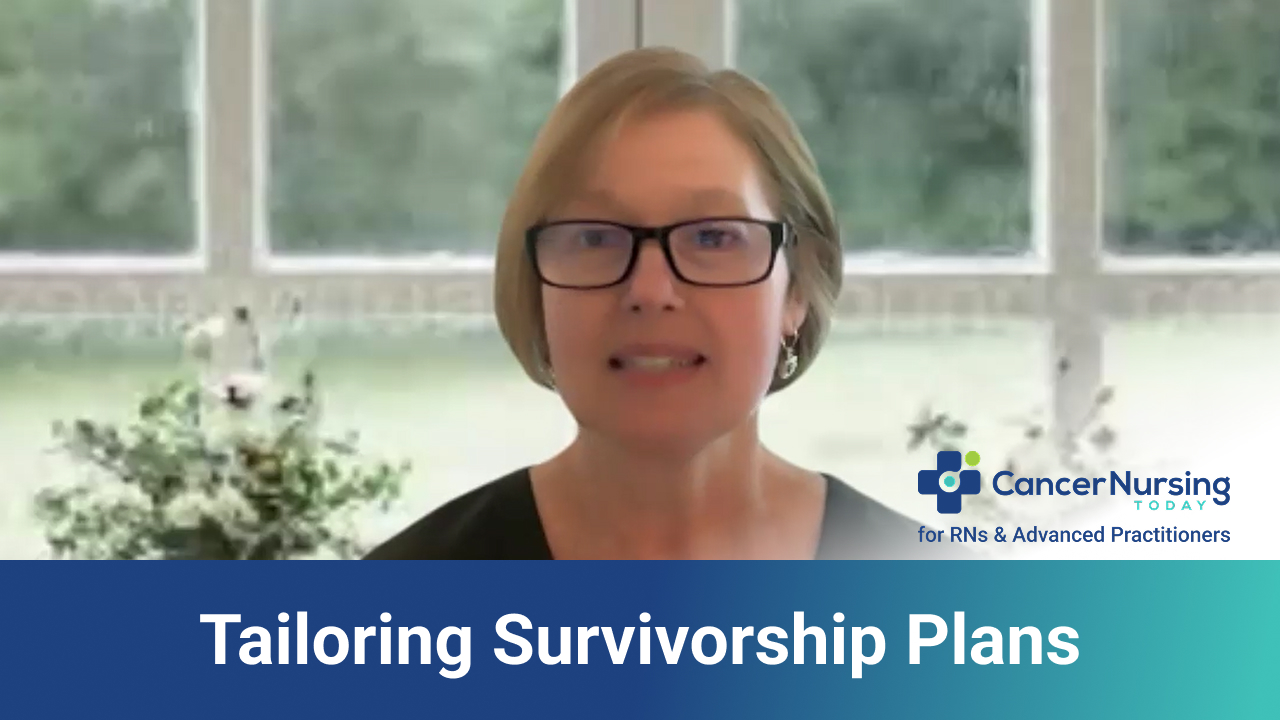
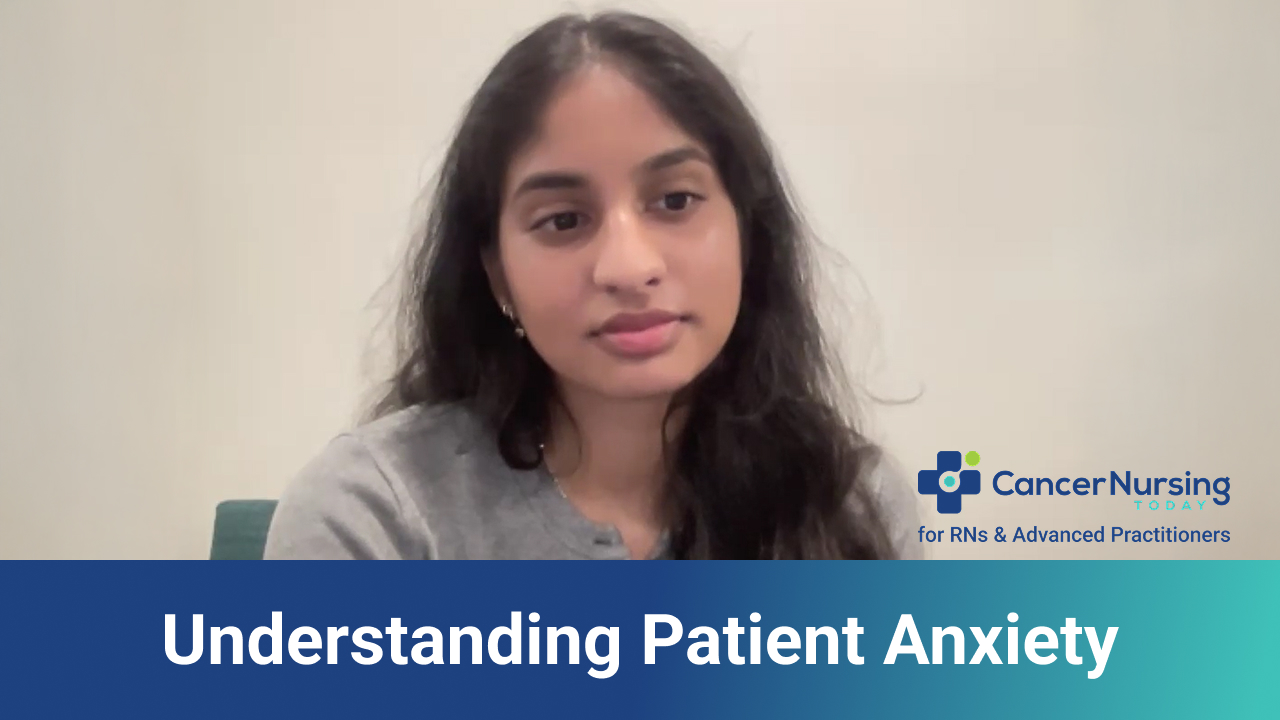
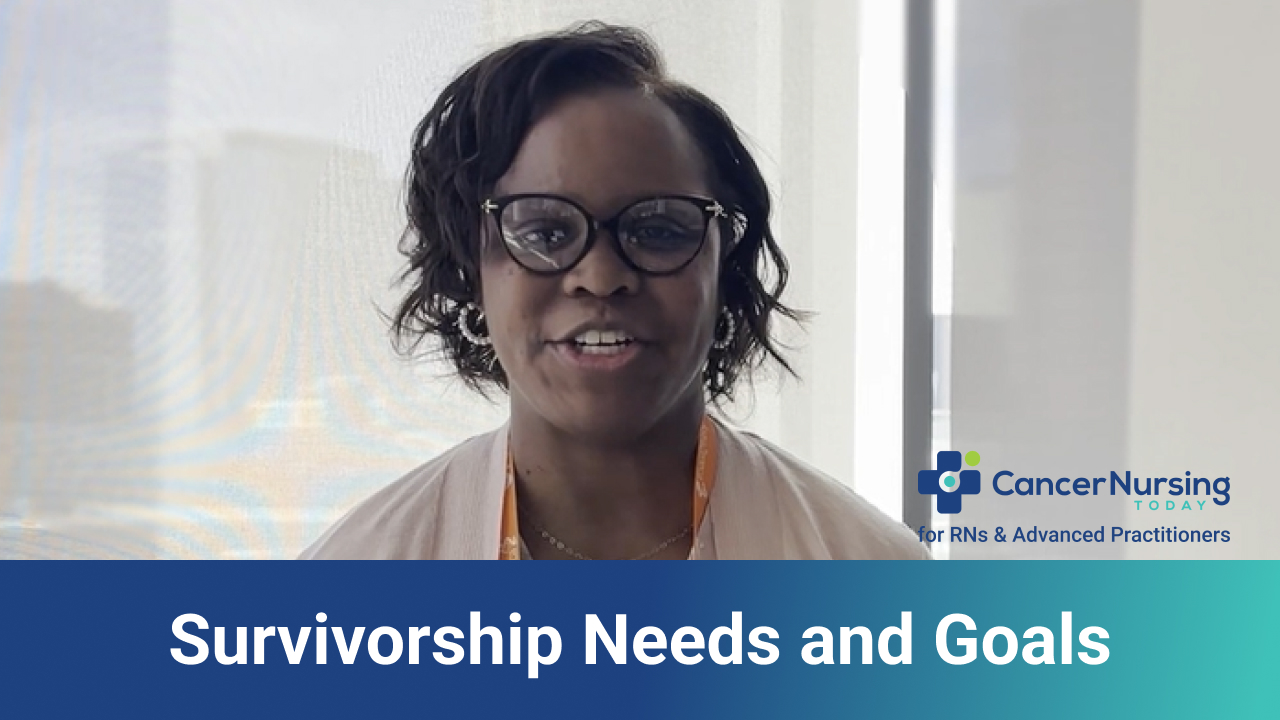
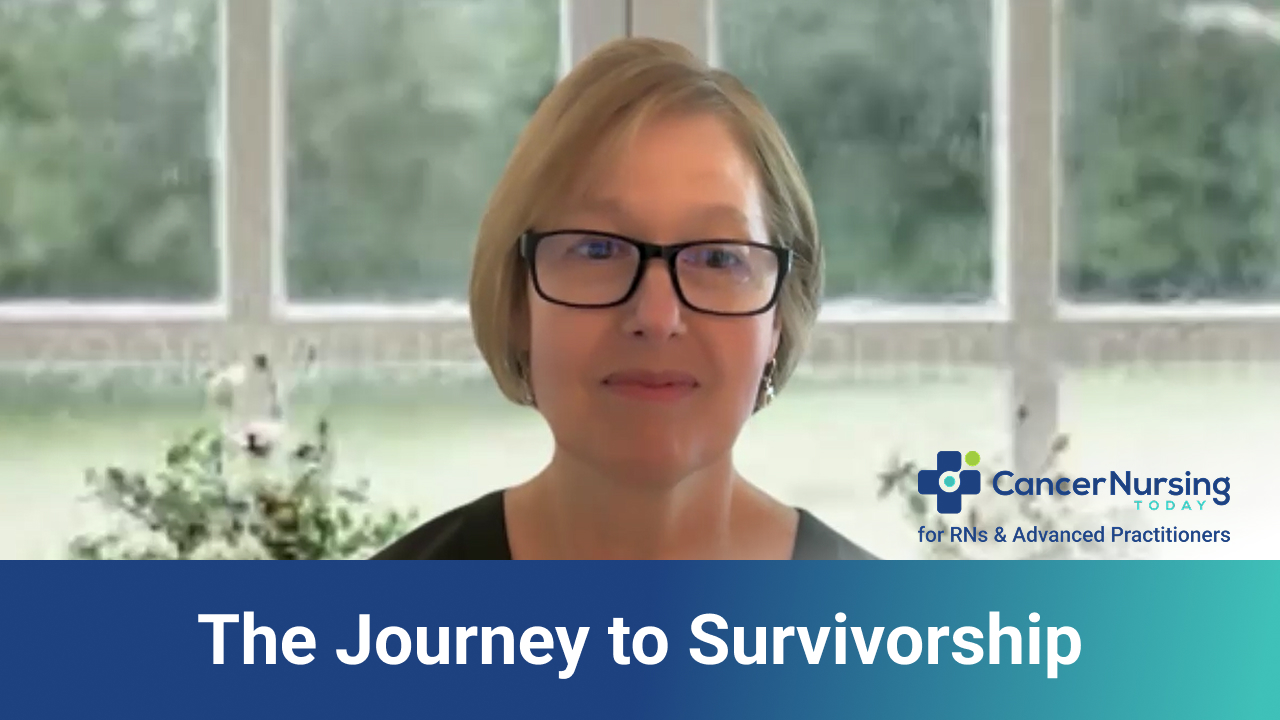
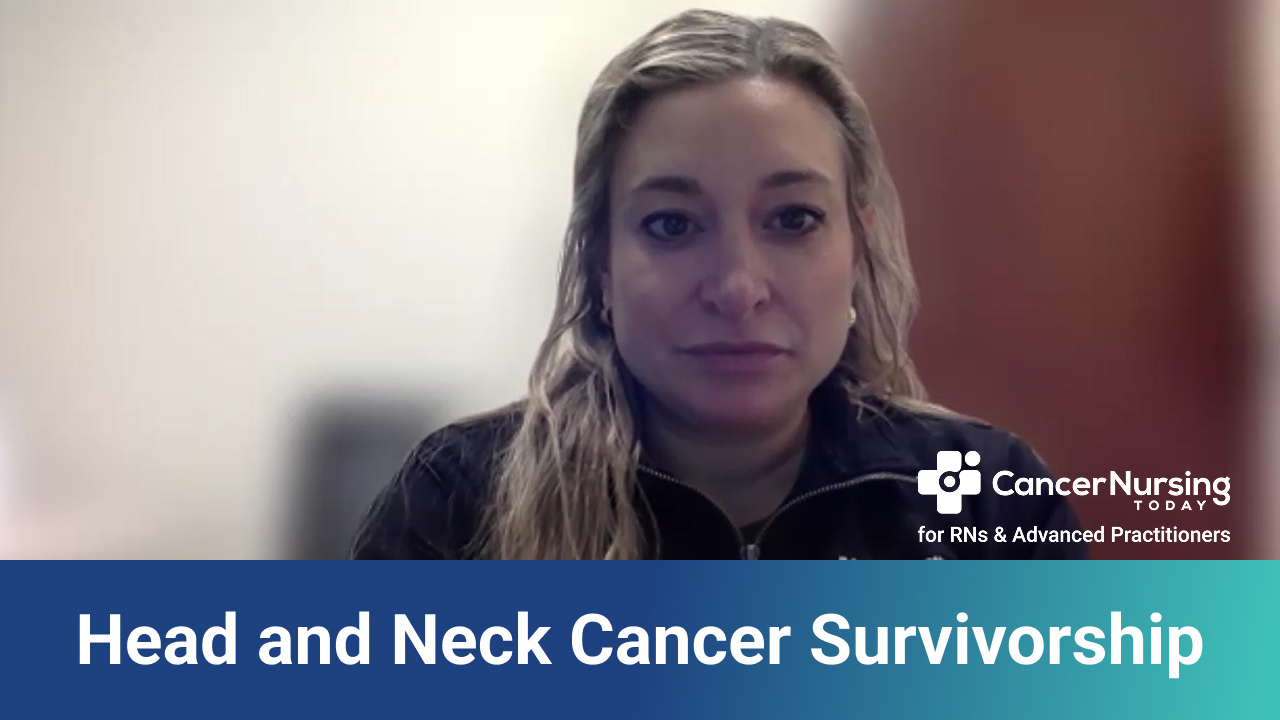


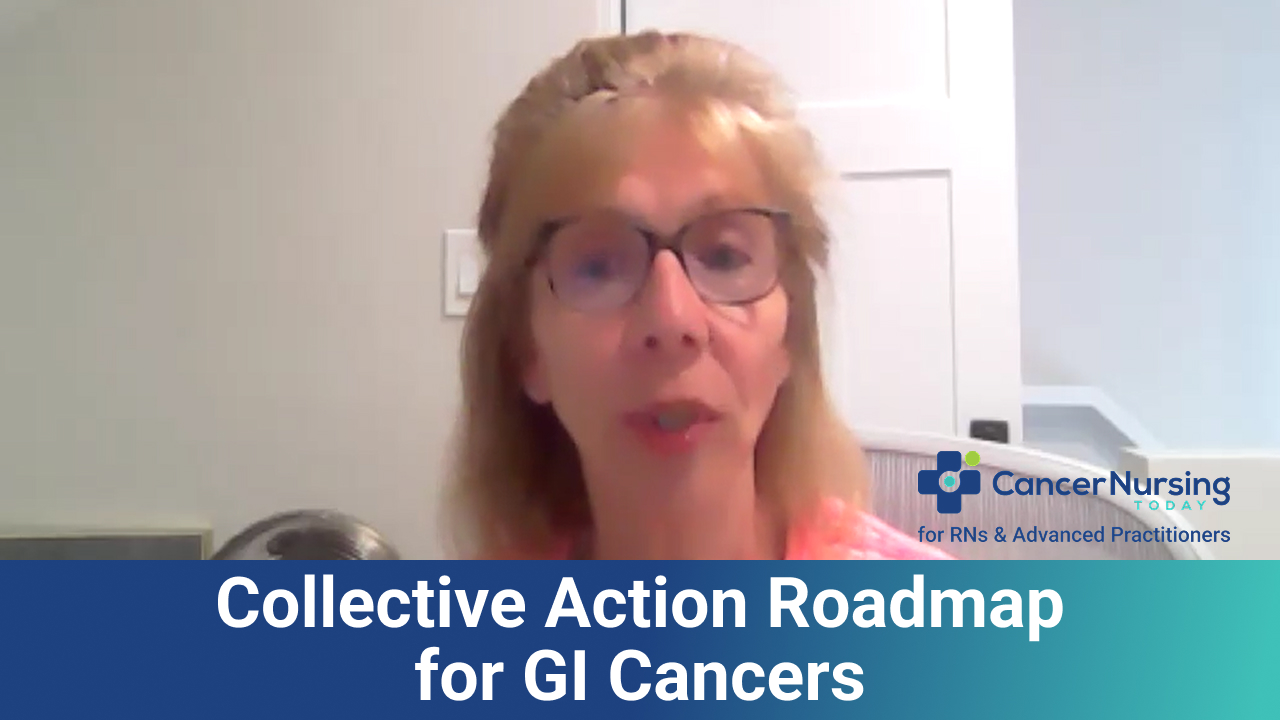
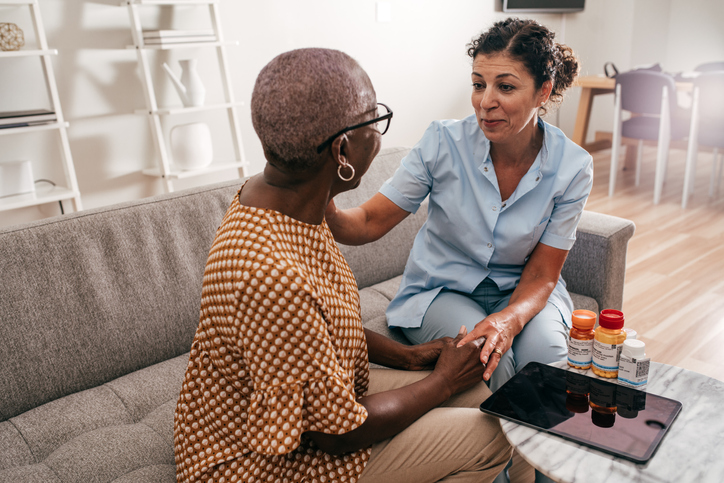
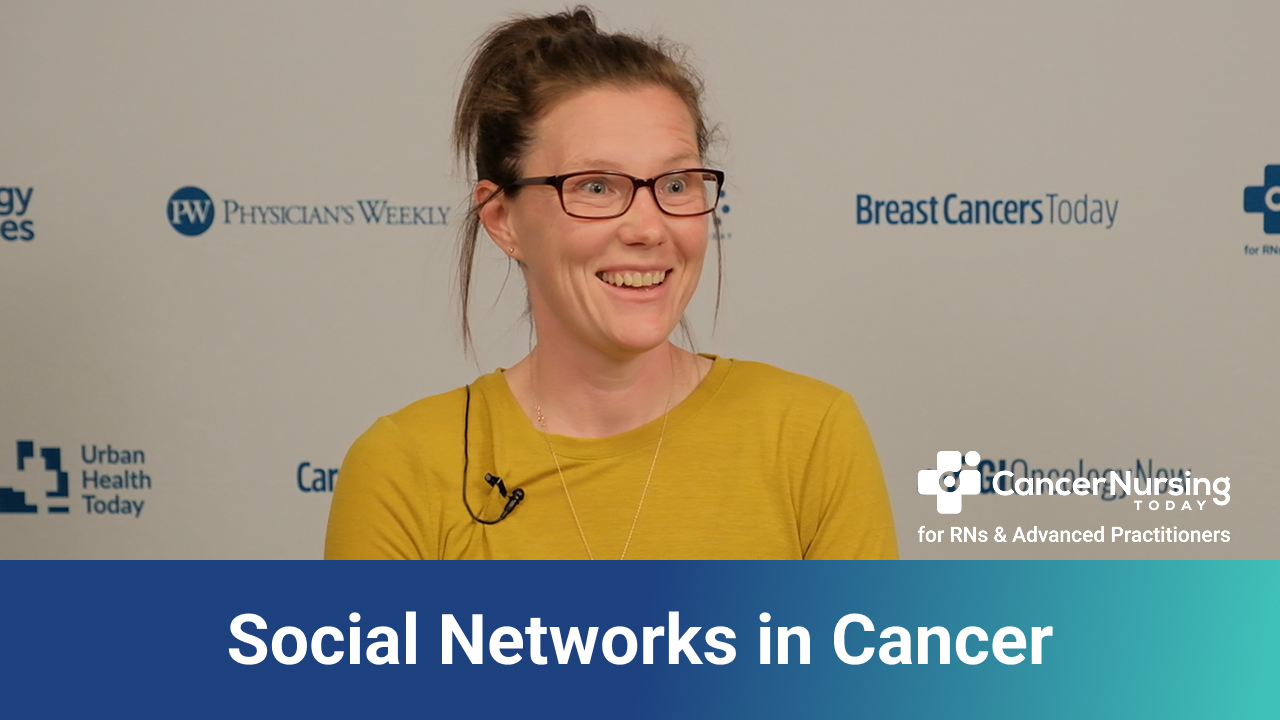
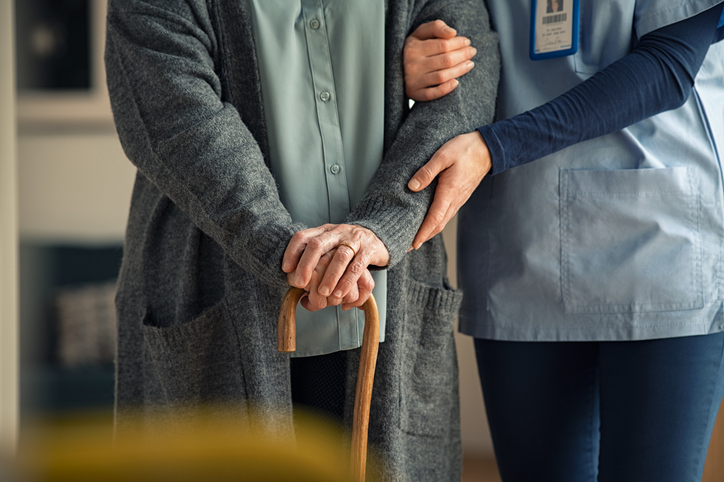
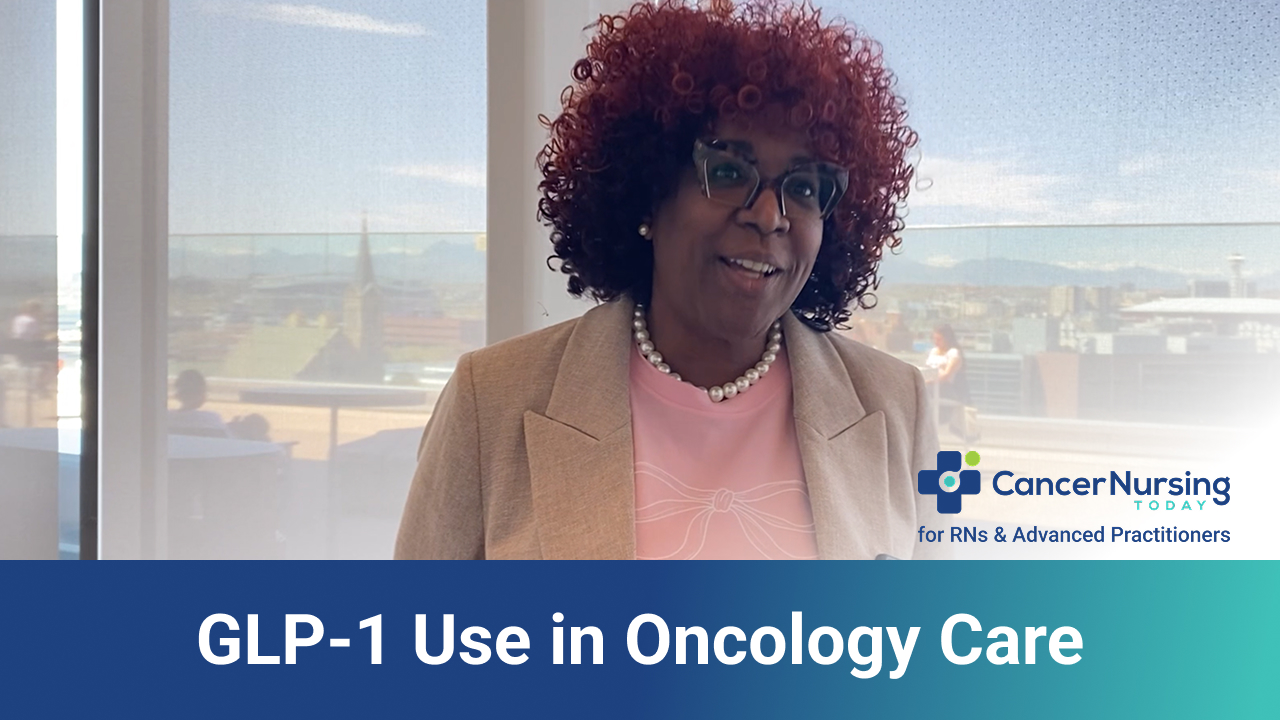
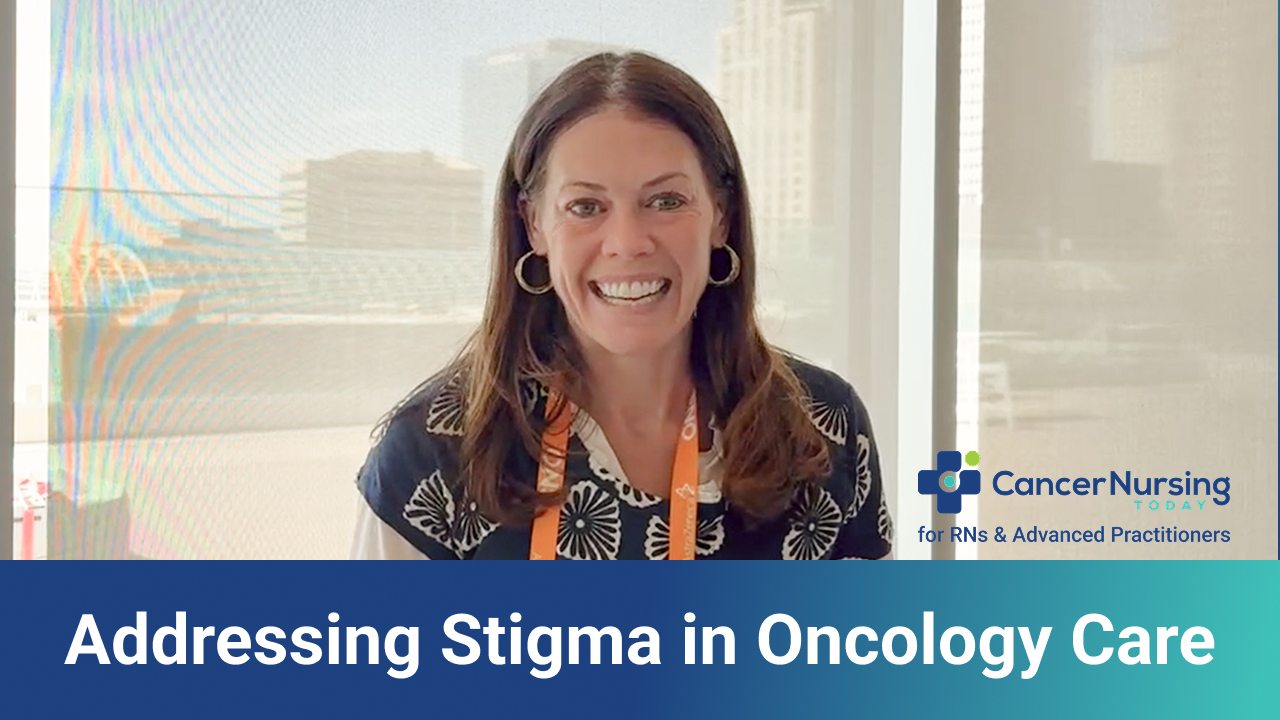


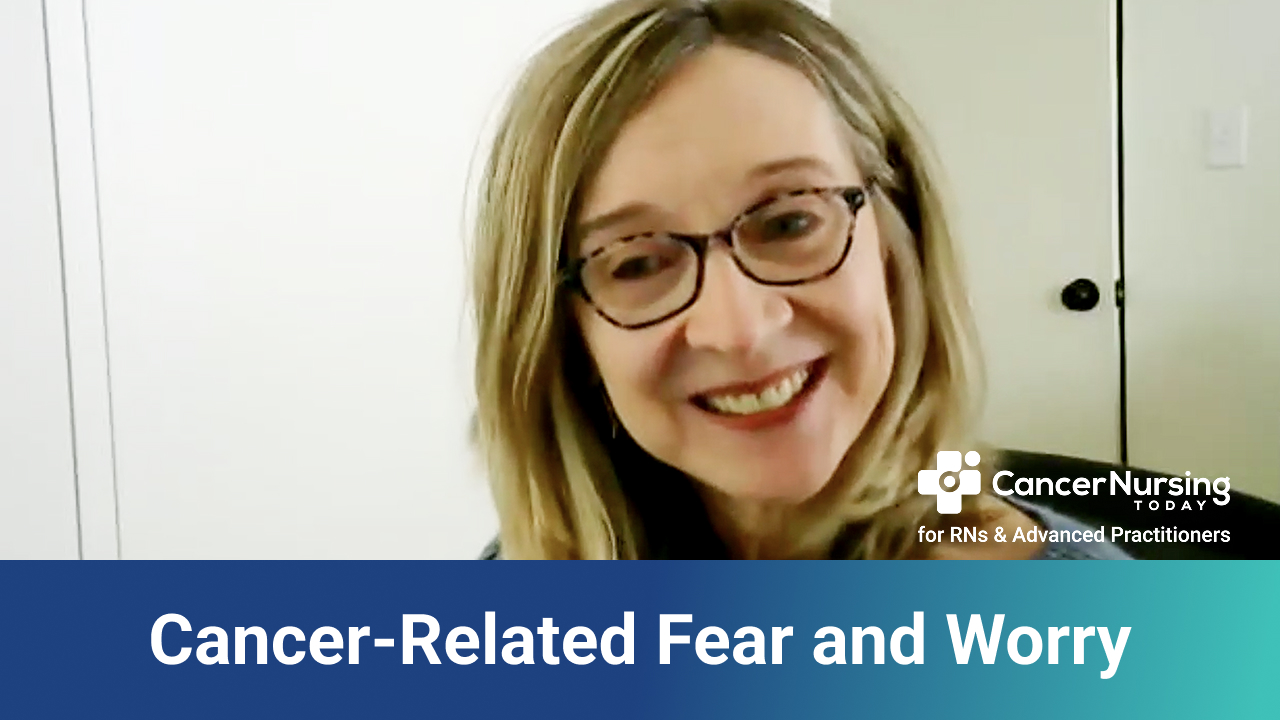
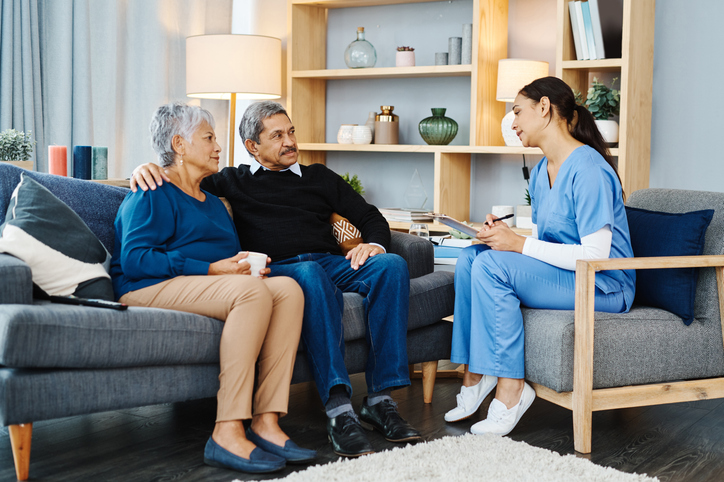



 © 2025 Mashup Media, LLC, a Formedics Property. All Rights Reserved.
© 2025 Mashup Media, LLC, a Formedics Property. All Rights Reserved.